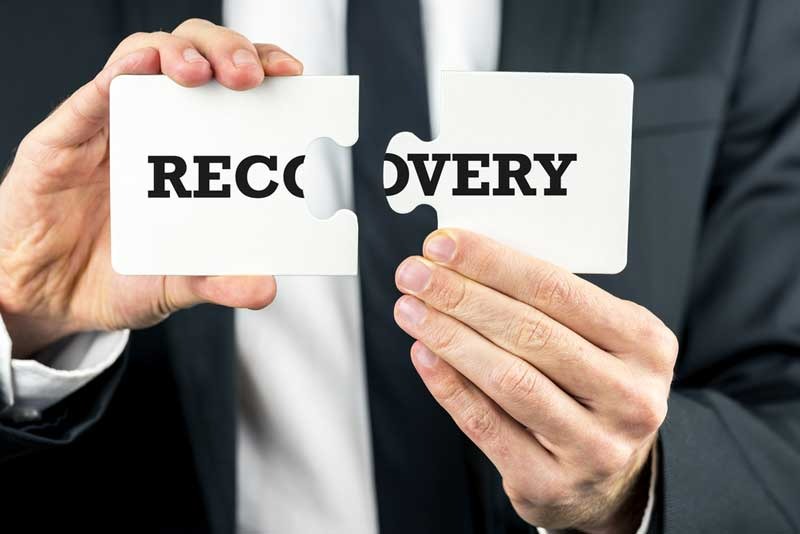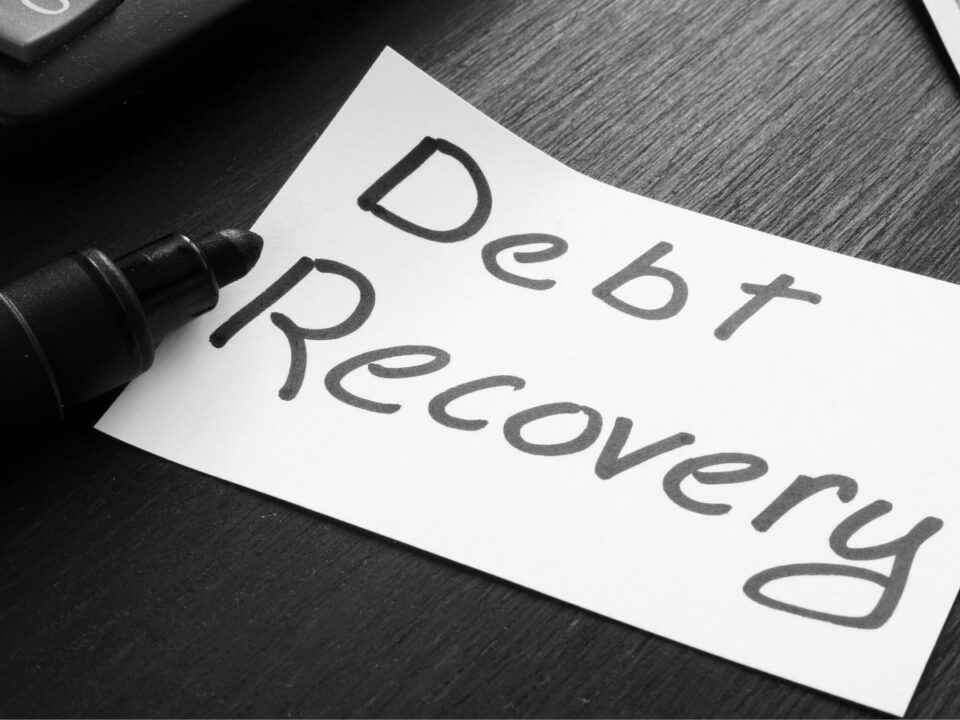Managing overdue payments has always been a challenge for businesses, regardless of size or sector. Unpaid invoices disrupt cash flow, affect financial planning, and place unnecessary strain on day-to-day operations.
In today’s competitive marketplace, where stability and resilience are essential, a structured and professional approach to recovering outstanding balances has become increasingly valuable.
This is where modern debt recovery practices come into play, offering organisations a way to safeguard their revenue while maintaining positive relationships with clients and customers.
Why Debt Recovery Matters for Businesses

Late payments can have long-term consequences that go beyond a temporary financial setback. Small and medium-sized businesses, in particular, rely heavily on predictable cash flow to cover operational costs such as wages, stock, utilities, and marketing.
When clients delay payments, the knock-on effects can quickly build, forcing companies to dip into reserves or take on additional borrowing to bridge the gap.
Effective debt recovery processes ensure that outstanding amounts are addressed promptly and professionally. By prioritising communication, documentation, and fairness, businesses can protect their financial stability without damaging long-standing relationships.
Furthermore, a structured approach to collecting unpaid invoices demonstrates credibility, accountability, and a commitment to good financial practice.
The Principles of Ethical Debt Recovery
Modern debt recovery is grounded in respect, transparency, and compliance.
Ethical practices ensure that all actions align with relevant legislation and industry standards, while also promoting fairness and professionalism throughout the process.
Key principles include:
Clear Communication
A successful recovery strategy begins with open and respectful dialogue. Many cases of late payment occur due to simple misunderstandings, administrative errors, or short-term cash flow issues.
Providing clear reminders, itemised statements, and flexible communication options can often resolve matters quickly without escalation.
Accurate Record-Keeping

Maintaining accurate, up-to-date records of invoices, contracts, and correspondence is crucial.
These documents provide clarity for both parties and ensure that any recovery action is backed by factual information.
Fair Negotiation
In situations where customers or clients face genuine financial difficulties, offering payment plans or extended terms can lead to a more positive outcome.
Fair negotiation preserves goodwill and increases the likelihood of full settlement over time.
Consistency and Professionalism
Applying the same structured process to every overdue account promotes fairness and accountability.
It also helps businesses identify patterns, reduce future risks, and streamline their internal procedures.
Internal vs External Debt Recovery Methods

While some organisations attempt to manage overdue accounts internally, this approach can often be time-consuming and stressful, especially for small businesses without dedicated credit control staff.
Outsourcing recovery processes to specialists offers several advantages:
Time and Resource Efficiency
Specialists have the tools, training, and experience to handle overdue accounts quickly and effectively, freeing up businesses to focus on growth and customer service.
Improved Success Rates
Professionals use proven strategies, compliant techniques, and industry knowledge to increase the chances of successful recovery.
Reduced Tension Between Parties
When a neutral third party is involved, communication often becomes more constructive. This helps protect long-term commercial relationships and reduces friction.
Strengthening Your Business Through Smart Recovery Strategies

A proactive approach to debt recovery goes beyond simply chasing unpaid invoices. It forms part of a broader financial strategy that ensures stability, resilience, and future growth.
Establishing clear payment terms, offering multiple payment options, and encouraging early settlement incentives all contribute to reducing overdue accounts in the first place.
As businesses become increasingly aware of the impact that late payments can have, many choose to work closely with a reputable debt collection agency to streamline their processes.
These agencies provide expert guidance, tailored solutions, and a structured framework that aligns with both legal requirements and best practices.
Partnering with the right debt collection agency enables organisations to safeguard their financial interests while maintaining trust and transparency with their clients.
With the support of experienced professionals, businesses can navigate the complexities of debt recovery more confidently, ensuring stronger cash flow, improved operational efficiency, and long-term stability.
Conclusion
Debt recovery, when handled with professionalism and care, plays a vital role in supporting business sustainability. By combining ethical practices with expert assistance, organisations can overcome the challenges of overdue payments and build a more financially secure future.

